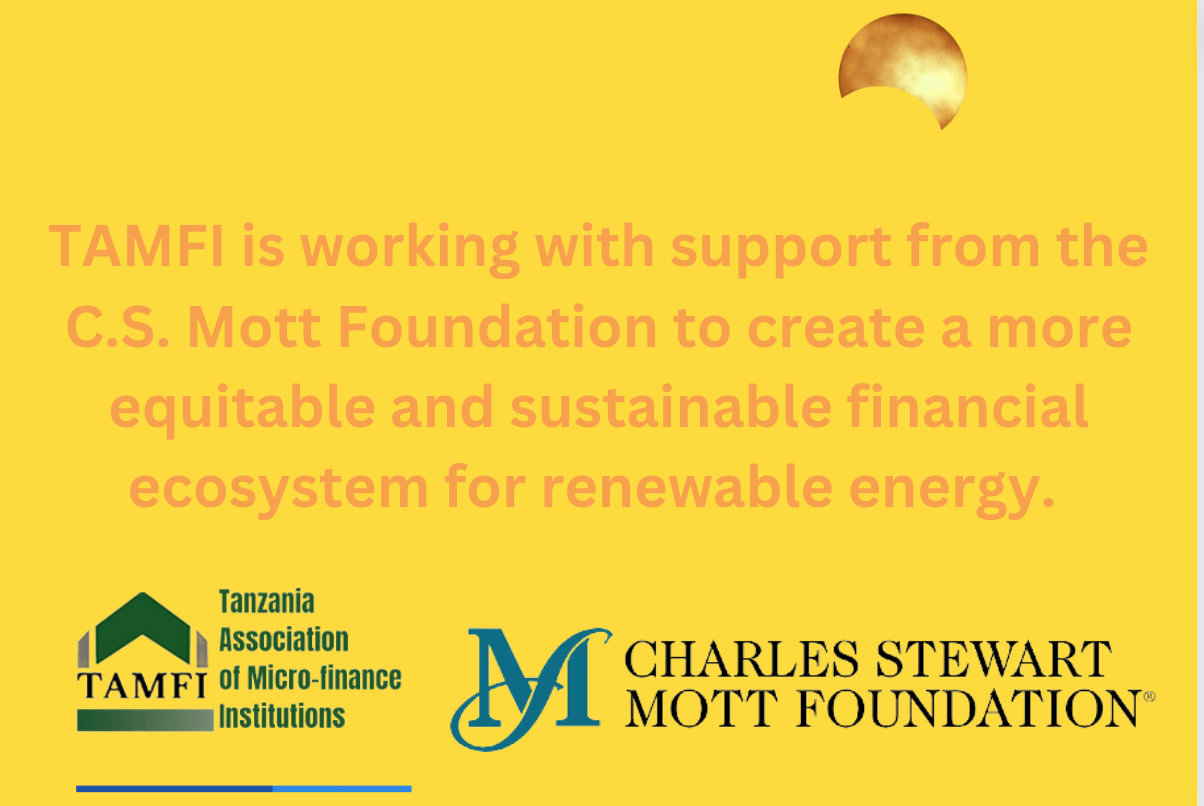Serengeti-Mara, Tanzania – Situated amidst the lush plains of Serengeti-Mara, Penina Boto was once like many local farmers, laboriously hauling water over 50 meters just to nourish her modest half-acre farm. But, as the sun shone bright one day, a pivotal change dawned on Penina’s life – a loan granting her a solar-powered irrigation pump.
This wasn’t Penina’s first tryst with electricity; she spent 10,000/= Tanzanian shillings monthly for conventional electricity, and her grain milling office was grid-powered. But the solar pump’s inclusion dramatically shifted her narrative. While repaying 60,000/= to 80,000/= shillings each month for the loan, the benefits far outweighed the cost. In a ripple effect, her farm magnified to five sprawling acres.
With this evolution, Penina became an emblem of agricultural resilience. “This initiative ensures that the seeds I sow are the crops I reap. I no longer rely on unpredictable water sources. Moreover, this alternative energy has sparked a brighter, more efficient farming journey,” she shared, beaming with hope and pride.
The loan’s structure, Penina emphasizes, was tailored to her needs. The notion of purchasing such a system outright was daunting, if not impossible. “Selling livestock to buy the technology was out of the question. But the loan, split over many months, felt doable. I’m indebted to those who make these projects accessible,” she expressed, her eyes reflecting gratitude.
A significant aspect of this venture was the hands-on training Penina received from stakeholders. Although she encountered occasional hurdles, like water pipe bursts, the support system was often prompt. She ardently wishes that the scope of these interventions expands – perhaps water tanks next, amplifying production potential further.
Her strides in farming are undeniable. From biannual corn harvests to tri-annual tomato yields, Penina’s output has surged. The ripple effect on her community is palpable, and she’s eager for others to experience similar growth.
Such grassroots transformations underline Tanzania’s potential. “If such synergies between financiers and farmers persist, we’ll witness a Tanzanian renaissance. Our traditional cultivation, currently reliant on cattle and manual labor, could leap bounds with sustainable technology,” mused Penina.
Endorsing Penina’s endeavors, TAMFI CEO Winnie Terry stated, “Penina’s expansion from half an acre to five is more than mere numbers; it’s a testament to the symbiosis of sustainable growth and ecological mindfulness. As Tanzania stands at the crossroads, stories like Penina’s spotlight the urgency of propelling renewable energy financing and enlightenment.”
This narrative is an offshoot of the “Energy Access: Building an Innovative Financial Ecosystem for Enterprises and End Users” campaign, steered by TAMFI with the C.S. Mott Foundation’s support. At its core, this initiative strives to sensitize financiers and stakeholders about decentralized renewable energy’s transformative impact, marrying productivity with cost-efficiency.
